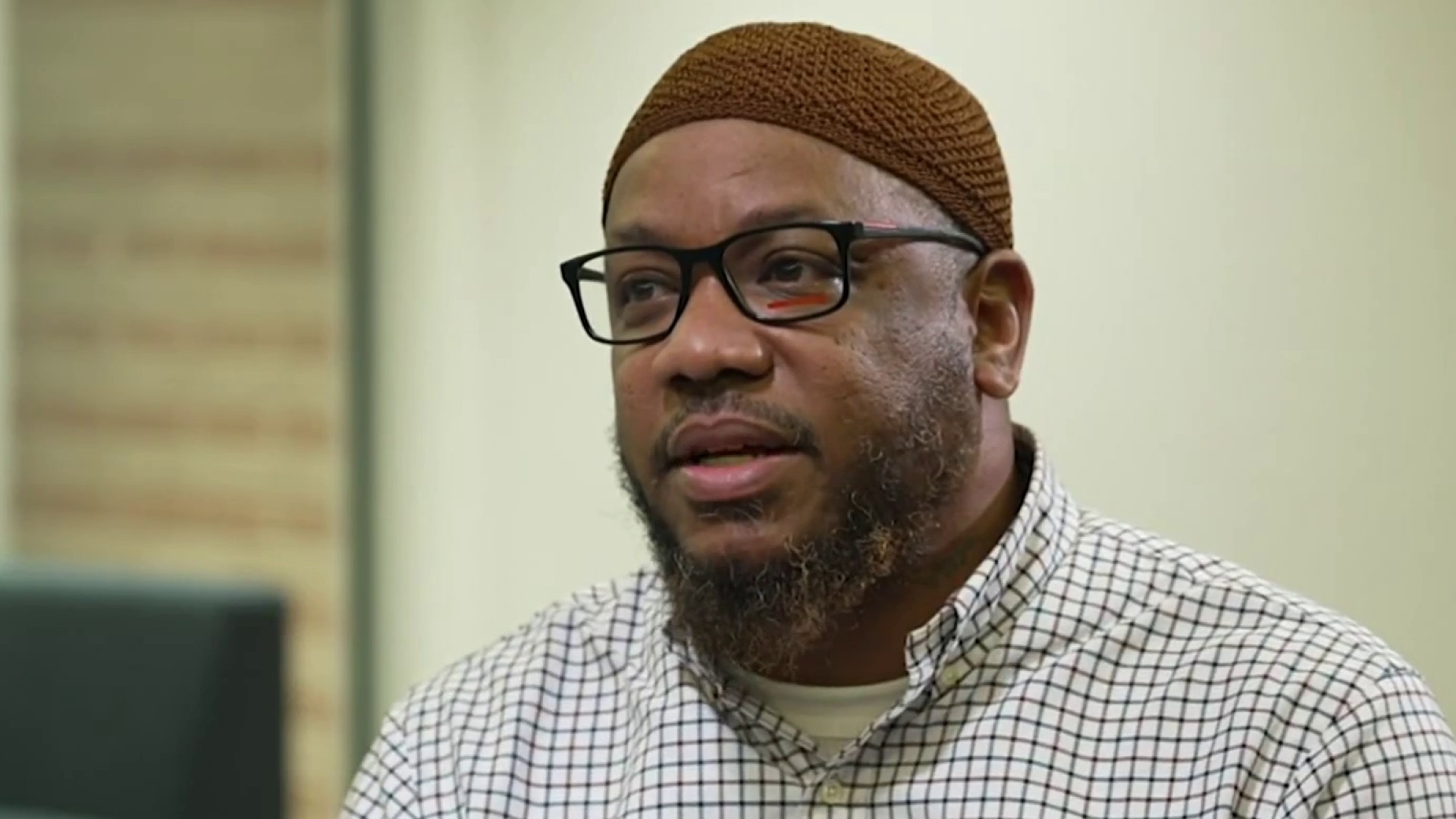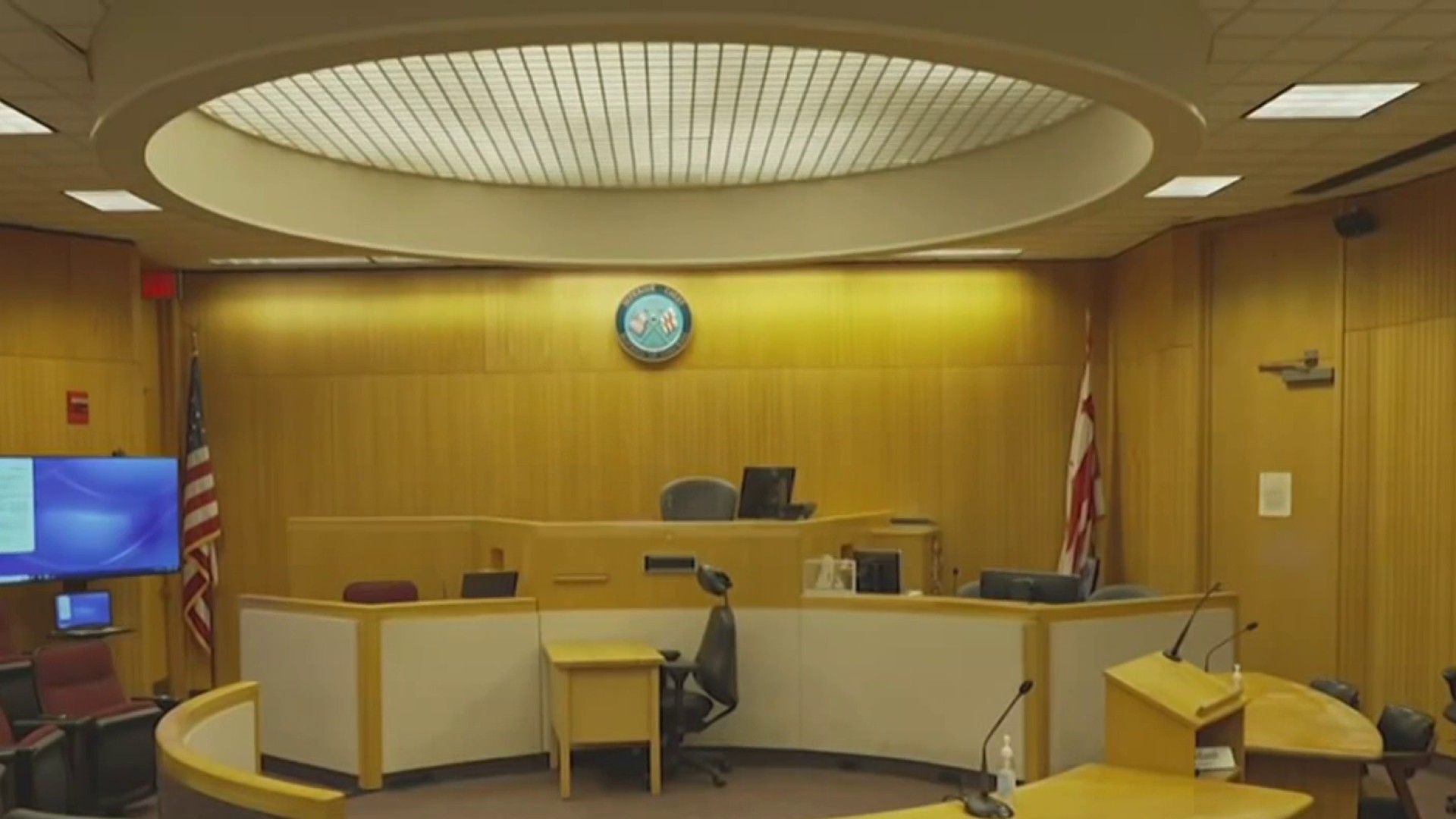For the first time, D.C. is getting a clearer sense of the risks firefighters face on the streets.
Last year, experts suggested to the News4 I-Team assaults against firefighters were increasing, but D.C. Fire and EMS wasn’t collecting data to know. Now the department is, and it’s eye-opening.
According to D.C. FEMS, since Nov. 10, firefighters have been assaulted at least 62 times. That is once every three days on average. Even more worrisome, 20% of the assaults involved the use or at least display of a weapon. Firefighters requested D.C. police be dispatched to the scene in 85% of the assaults. It is not known how many charges were filed.

The D.C. fire department did not agree to an interview with the I-Team to discuss the assaults or the policy changes the department made to address them. A spokesman did share policy highlights, and the I-Team obtained a safety bulletin from March 1 listing them.
The policy makes clear, “The Department does not tolerate violence of any kind against members.” It lays out new ways to track violence against firefighters, training them to avoid and react to it, mandates high level reviews of assaults, and rules governing self-defense.

To reinforce the danger of assaults and the trauma they can bring, Ben Vernon, a San Diego firefighter and paramedic recently traveled across the country to speak with D.C. firefighters as part of annual training.
In June 2015, Vernon was stabbed three times while responding to a call to assist an intoxicated man on a streetcar platform. The entire incident was caught on body worn camera.
“My attempted murder was caught on film. Yeah, everyone could see that film,” Vernon told the I-Team.

Few departments are immune from potential violence. Vernon uses the video of the stabbing to start a conversation about how even “routine” calls can get violent.
“All of them in that room that I'm about to speak to have been on that call a thousand times … probably four or five (ran it) yesterday,” Vernon told the I-Team as he waited to begin his session. “It is that call I’ve run a thousand times, and it just went sideways once.”
While treating the patient that day, a fight broke out between firefighters and a bystander behind Vernon. He became the target.
“I jumped in to break up this fight, and then he assaulted me with a knife and stabbed me multiple times. He hit me in the back just above my belt and then he got me … in my armpit, right into my lung,” Vernon said. “And then he went over my head.”
Bleeding internally, Vernon ended up with a punctured lung and broken rib. He says he thought he was minutes from death.
It happened to D.C. firefighter Myisha Richards, who was beaten by patients while responding to a call.
"The last thing I remember was her being on the steps and, like, a shoe to my face," Richard told the I-Team last year. “The girl jumped over the railing, and she came down and just started, like, wailing on me, basically. Then the other girl came down … They literally beat me for two 0minutes.”
At the time, D.C. wasn’t even collecting much information about how often firefighters were assaulted. After that, as numbers and concern over firefighter assaults rose, D.C. Fire and EMS knew it needed to do more.
Both Richards and Vernon admit PTSD kept them from being able to return to work as quickly as they hoped, and both say it was difficult to find mental health professionals skilled at issues unique to first responders.
Vernon says his difficulties and nightmares led him to understand why some people might consider suicide.
Richards says she found mental health help at a center run by the International Association of Firefighters.
Vernon got help from a San Diego clinic with years of experience treating police officers. That clinic now treats San Diego firefighters and their families, as well. The San Diego Fire-Rescue Department says it uses roughly 3,000 hours of treatment every year.
D.C.’s firefighter union told the I-Team, "Exposure to traumatic incidents on the job is an occupational hazard that has been overlooked for too long," adding it’s working to "expand access ... to better quality occupational healthcare."
Investigations
Investigations by the News4 I-Team
Nine years after his attack, Vernon is in D.C. trying to give back and reach out to other firefighters like the ones who helped him.
"When I think of the people, I think the people that rescued me, sacrificed for me, put their lives on the line for me. It's just, I can't repay that,” Vernon told the I-Team through tears. “That is a debt I will owe for the rest of my life. I can’t pay them back; I can pay it forward.”
Vernon and some experts say 85% of firefighters will experience some form of assault during their career.
The man who attacked Vernon is still serving a 23-year sentence in a California prison for multiple charges.
Charges against one patient who allegedly attacked Richards were dropped. The other was sentence to a little more than 60 hours of community service.
Resources for anyone struggling with thoughts about suicide:
- Changing Minds Community Partners and Mental Health Resources
- D.C. Fire & EMS Health and Safety Division
- IAFF Center of Excellence for Behavioral Health Treatment and Recovery
Reported by Ted Oberg, produced by Rick Yarborough, and shot and edited by Jeff Piper.
News4 sends breaking news stories by email. Go here to sign up to get breaking news alerts in your inbox.



